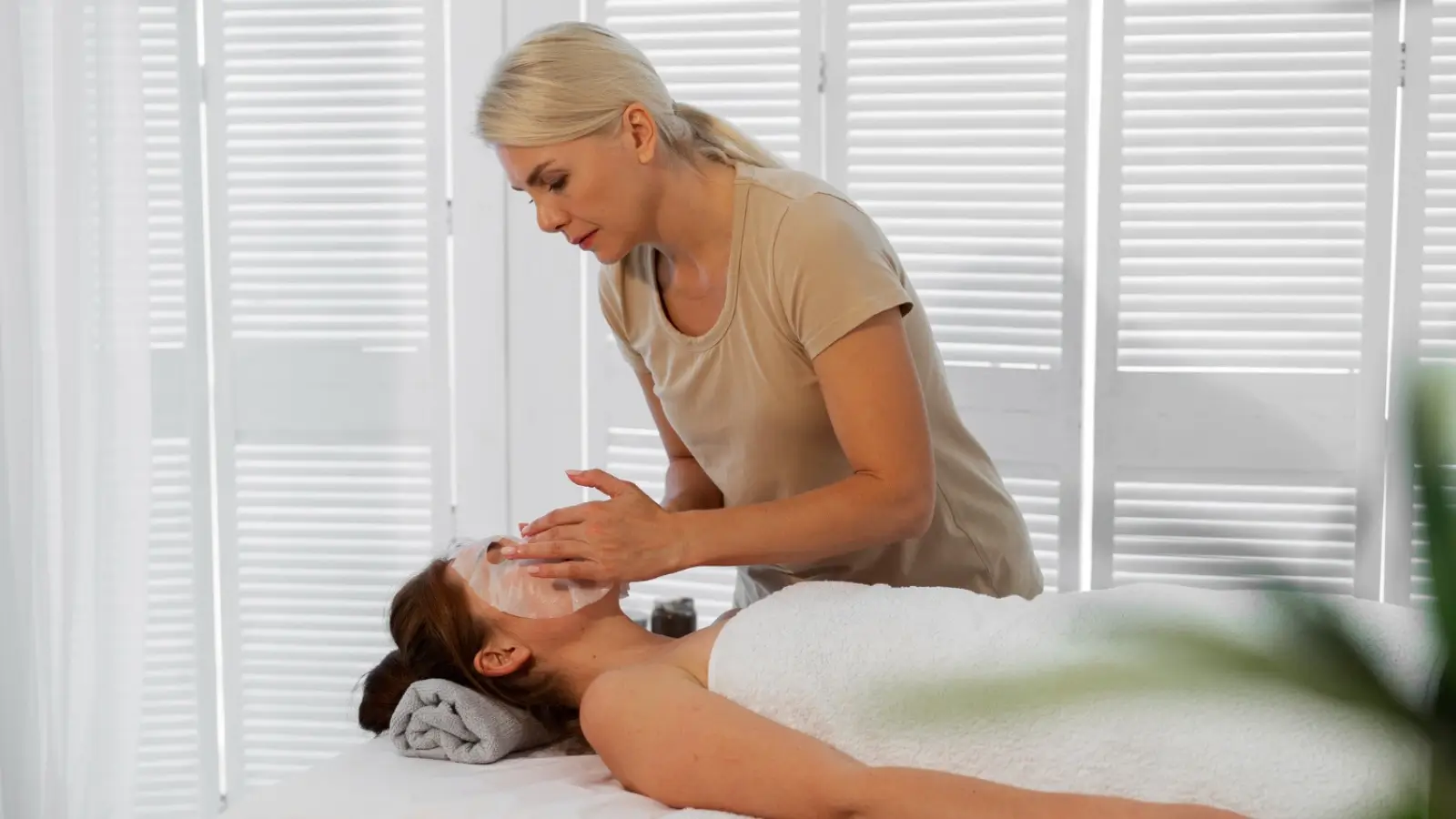


Stress has unfortunately become a nearly unavoidable part of everyday life. Meeting deadlines, juggling family responsibilities, or navigating the constant flow of information from screens and social media, the human body is under continual pressure. Chronic stress doesn’t just affect mental well-being, it can have profound impacts on physical health, including increased risk of cardiovascular issues, weakened immunity, muscle tension, and disrupted sleep. While many people turn to medication or mindfulness techniques to manage stress, massage therapy is increasingly being recognised as a holistic and effective method for reducing stress and promoting overall health.
Before exploring the benefits of massage therapy, it’s important to understand what stress does to the body. When we experience stress, the body triggers the “fight or flight” response, releasing hormones such as cortisol and adrenaline. In short bursts, this response is beneficial; it can help us react quickly in dangerous situations. However, when stress is chronic, prolonged exposure to these hormones can disrupt bodily systems, leading to a host of problems:
Managing stress effectively is crucial for maintaining both physical and mental wellbeing, and massage therapy offers a natural, non-invasive approach to achieving this balance.
Massage therapy involves manipulating the body’s soft tissues, such as muscles, connective tissues, tendons and ligaments, using various techniques such as kneading, stroking, pressing, and stretching. The effects of massage extend far beyond mere relaxation. Here’s how massage therapy contributes to stress reduction:
One of the most well-documented effects of massage therapy is its ability to lower cortisol levels, the primary stress hormone. At the same time, massage can increase levels of serotonin and dopamine, neurotransmitters associated with mood regulation and a sense of wellbeing. This combination helps to rebalance the nervous system, promoting relaxation and reducing anxiety.
Stress often manifests physically as tension in the muscles, particularly in the neck, shoulders, and back. Massage therapy helps to release this tension, improving circulation and flexibility. Reduced muscle stiffness and soreness not only alleviate discomfort but also indirectly reduce stress by allowing the body to function more comfortably and efficiently.
Massage therapy stimulates blood flow and encourages lymphatic drainage, both of which are critical for the body’s natural detoxification processes. Enhanced circulation helps deliver oxygen and nutrients to cells more efficiently, while improved lymphatic flow assists in removing metabolic waste. Together, these processes help the body manage stress more effectively and recover from physical and emotional strain.
Chronic stress can disrupt sleep patterns, making it difficult to fall asleep or stay asleep. Massage therapy promotes relaxation and reduces tension, which can improve both the quality and duration of sleep. A regular massage routine can help reset the body’s natural circadian rhythm, supporting restorative sleep that is essential for overall health.
Massage therapy encourages mindfulness by directing attention to bodily sensations and fostering a sense of presence. This mind-body connection can reduce mental clutter, decrease racing thoughts, and promote emotional regulation. For individuals prone to stress-related anxiety, this aspect of massage can be particularly valuable.
There are numerous massage techniques, each with its own approach to stress reduction. Some of the most common include:
Choosing the right type of massage depends on individual needs, the level of stress, and any underlying physical conditions.
Massage therapy is most effective when incorporated as part of a broader stress-management strategy. Here are a few tips for maximising its benefits:
For those living or working in the city, massage therapy reduces stress for those near St Paul’s and the London area, providing a convenient way to decompress and restore balance amidst a busy lifestyle.
While the immediate effects of massage, relaxation, reduced muscle tension, and improved mood, are widely recognised, the long-term health benefits are equally compelling:
Massage therapy is far more than a luxury or indulgence; it is a practical, evidence-based approach to managing stress and supporting overall health. By reducing cortisol levels, relaxing tense muscles, improving circulation, and enhancing the mind-body connection, massage helps the body and mind recover from daily pressures. Regular sessions, combined with a holistic stress-management plan, can promote better sleep, reduce anxiety, and improve physical wellbeing.
For urban dwellers or busy professionals, massage therapy offers a much-needed oasis in a hectic lifestyle. Whether it’s a weekly unwind session or a targeted treatment for stress-related muscle pain, incorporating massage into your self-care routine is a powerful step toward a healthier, more balanced life.